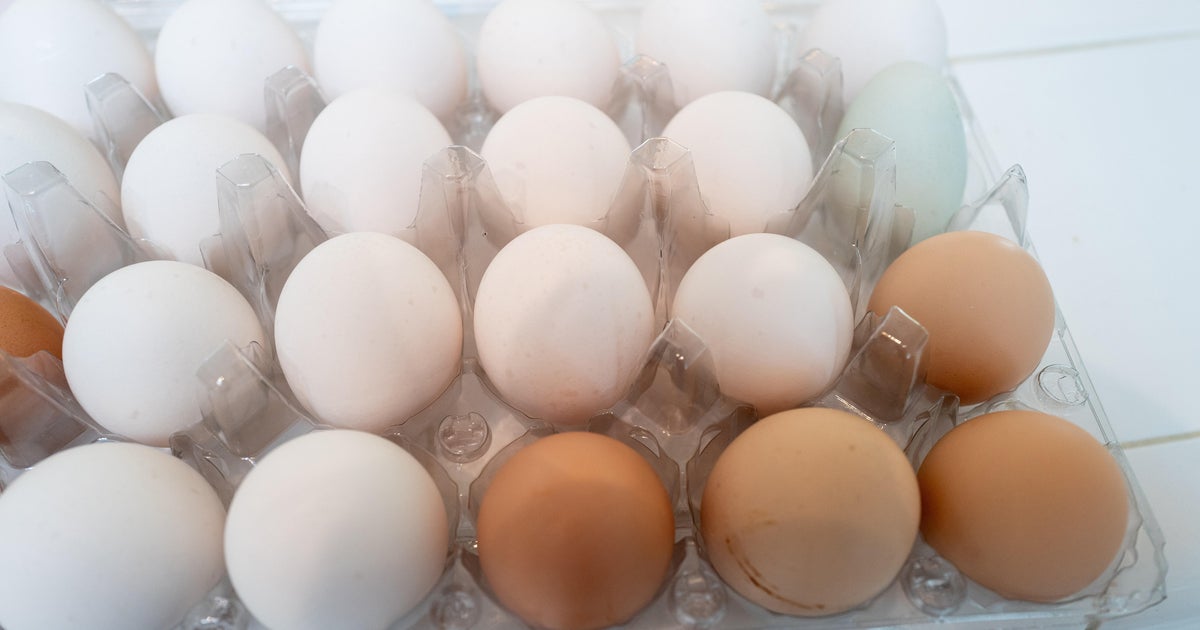Do I Need The Vaccine If I Already Had COVID? Dr. Mallika Marshall Answers Your Questions
BOSTON (CBS) – Dr. Mallika Marshall is answering your coronavirus-related medical questions. If you have a question for Dr. Mallika, email her or message her on Facebook or Twitter.
Dr. Mallika is offering her best advice, but as always, consult your personal doctor before making any decisions about your personal health.
Chris writes, "After testing positive for COVID, how long does it take for a test to turn negative? Someone said antibodies will stay positive for the next 90 days."
There are some people who continue to test positive for COVID with the PCR nasal swab test for weeks, even after they're feeling better. However, a blood test looking for antibodies could remain positive for many months. That doesn't mean you're still infectious or that you're protected from getting the infection again, just that you've had the infection at some point.
Paulette writes, "I have had severe medication allergies most of my life. Do you think prednisone and Benadryl will prevent an allergic reaction [from the vaccine]?"
Severe allergic reactions to the Pfizer vaccine, for example, are few and far between. They happen, but they're extremely rare. If you have had a severe allergic reaction to another vaccine, let your healthcare provider know. You'll be monitored more carefully. If you're on daily allergy medication, you shouldn't stop taking it, but there is no reason to pre-medicate with Benadryl or prednisone before getting the vaccine.
Michael writes, "I am 63 years old and tested positive for COVID-19. I am completely symptom-free and out of isolation. Do I need to get a vaccine since I have antibodies already?"
Yes. You should still get vaccinated even though you have had the infection because you may be able to get infected again. It is generally advised that you wait until you're fully recovered from COVID-19 to get the vaccine, but not to wait longer than 90 days.
Bonnie asks on Facebook, "Lawrence General is scheduling second vaccine doses 17 days after the initial dose. It is my understanding that it should be 21 days. Is this acceptable?"
It sounds like they are giving the Pfizer vaccine which is usually given 21 days apart. But according to the CDC, a second dose can be given with a grace period of 4 days earlier than the recommended date, but not any earlier.



